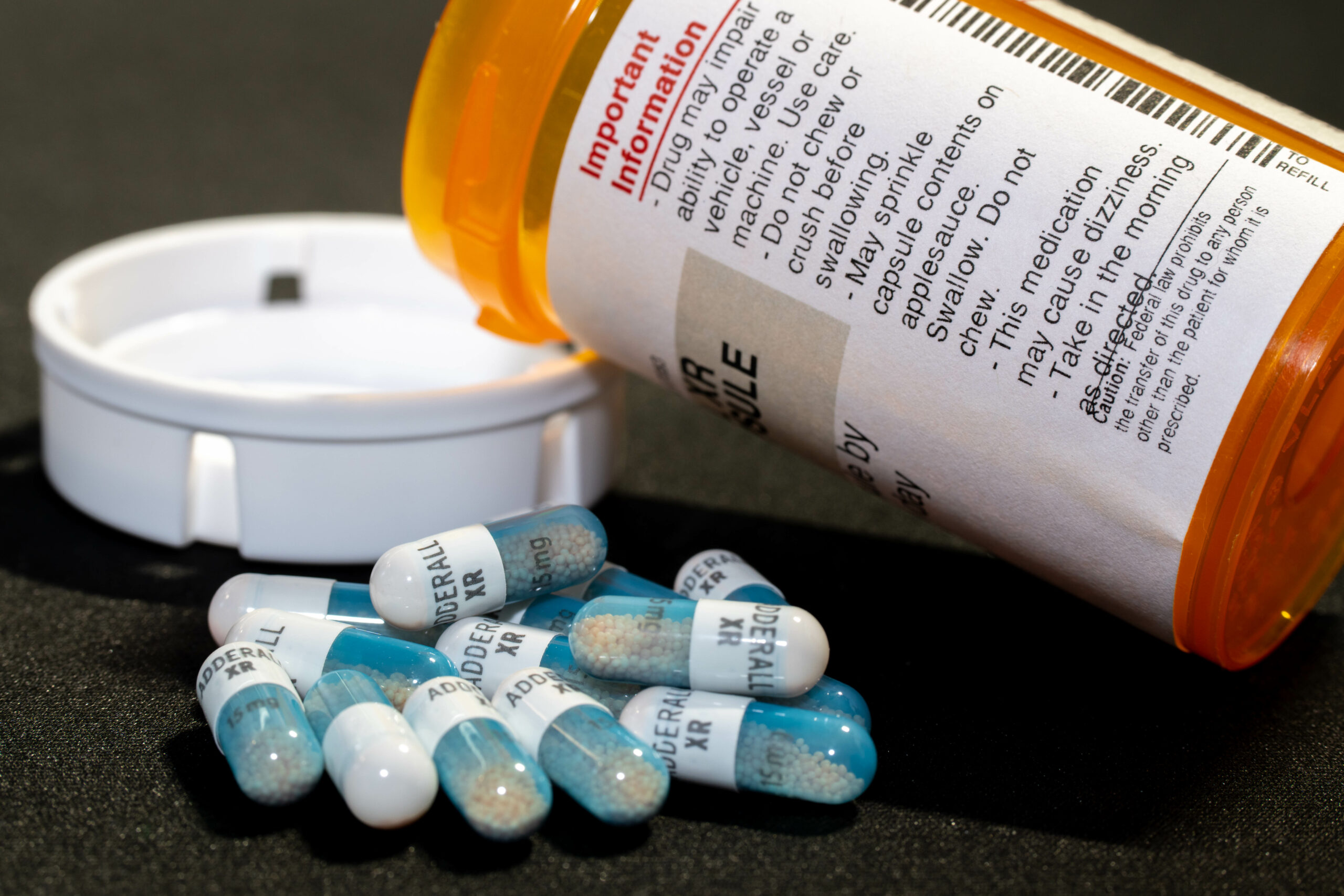latest
UK hit by shortage of ADHD medication
GPs have been told not to prescribe ADHD drugs to new patients while the shortage lasts
"The NHS should have realised that this was happening and had a plan in place. Instead, people are only finding out when their pharmacy can’t supply. They’ve been left stranded with no support. It is an abject failure, but sadly this lack of care is something we’ve come to expect with our stigmatised condition.” Harry Shelford, CEO, ADHD UK
The urgency for improved access to mental health care services and products is greater now than ever before. Demand is growing at an unprecedented pace while solutions are complex to adopt within a fragmented system. The supply chain issue highlighted here is just another part of the current process that can cause unforeseen issues. At FCC, we are looking beyond what is currently in place and so heavily relied upon to find new and innovative ways to support people, both short and long term, and that aren’t so reliant on medication, face-to-face or invasive treatment. Dr. Lauren Evans, Director of Research and Innovation, FCC
A national shortage of drugs to treat attention deficit hyperactivity disorder (ADHD) has led to charities warning that the impact could be devastating for people living with the condition.
The Department of Health and Social Care (DHSC) has issued a national patient safety alert, which says that the shortages, which could last until the end of the year, are the result of a combination of manufacturing issues and increased global demand. There has been a suggestion that it is linked to a dispute between the Drug Enforcement Administration in the US and drug companies relating to the effects of manufacturing quotas. The department is advising GPs in England not to prescribe ADHD drugs to new patients.
According to the charity ADHD UK, about 2.6m people in the UK, of whom 1.9m are adults, have ADHD, and the number of prescriptions for medication to treat the condition has risen in recent years. Figures for April to June 2023 show that about 202,000 people in England received a prescription, an increase from 103,000 in the same period in 2018-19.
The medications affected include methylphenidate prolonged-release capsules and tablets, lisdexamfetamine capsules, and guanfacine prolonged-release tablets.
“Other ADHD products remain available but cannot meet excessive increases in demand,” the DHSC alert states. “At present, the supply disruptions are expected to resolve at various dates between October and December 2023.”
People with ADHD spoke to the BBC about how the shortage was affecting them. One woman, Ellie, said: “When I’m not on my medication, I’m sluggish and I could quite easily just sit on the sofa all day. Whereas if I have my medication it’s like the world comes to colour and I feel bright and I’ve got energy. Since going on ADHD medication, my mental health is the best that it’s ever been. The risk of losing that feels very scary.”
Another person, Tom, said that the medication shortage had affected his concentration: “I can’t really get glued into a task that I’m meant to be doing. I sort of go off task after maybe five minutes. It’s affected my home life as well, just managing general things like laundry and keeping routines like sleeping and eating.”
A ‘recurring issue’
Dr Saadia Arshad, a consultant psychiatrist, who specialises in diagnosing and treating people with ADHD, told the BBC that the shortage of medication was “not a new issue, but it’s a recurring one.”
She said that suddenly stopping meds could lead to patients “feeling jittery, finding it difficult to pay attention, staying focused and feeling restless.”
Dr Saadia said it was important that people don’t take measures into their own hands. “These medicines can be quite potent and the response to medication for two individuals is not the same,” she said. “So please do not take any action without discussing it with your clinician.”
Henry Shelford, the CEO and a co-founder of ADHD UK, told the Guardian: “ADHD is a disability and the sudden removal of medication is akin to removing a wheelchair from a disabled person that needs it. The NHS should have realised that this was happening and had a plan in place. Instead, people are only finding out when their pharmacy can’t supply. They’ve been left stranded with no support. It is an abject failure, but sadly this lack of care is something we’ve come to expect with our stigmatised condition.”
He criticised the DHSC advice: “The Department of Health and Social Care sticking-plaster memo with the suggestion that GPs ‘reach out to a patient’s specialist team’ is laughable. Medication is carefully given with dosage and type worked out over months. The idea it can be chopped and changed is wrong. The idea that specialist teams have the capacity to do medication reviews in this quantity is wrong,” he said.
FCC Insight
The shortage of ADHD medication, apparently caused by problems in the supply chain, is causing a lot of distress for people who rely on the medication to keep the condition under control. Shortages caused by difficulties at the manufacturing site are not something individual governments can easily address, and we have to hope that the situation is resolved soon. But this might also be a good time for the NHS to begin looking at alternatives to medication. We believe that digital mental health tools can help with a number of neurodivergent disorders, and that the implementation of clinically validated digital mental health tools could result in an improvement in the quality of care if used to complement existing clinical pathways. Closer investigation into how these tools could help may mitigate the effect of future medication shortages.
